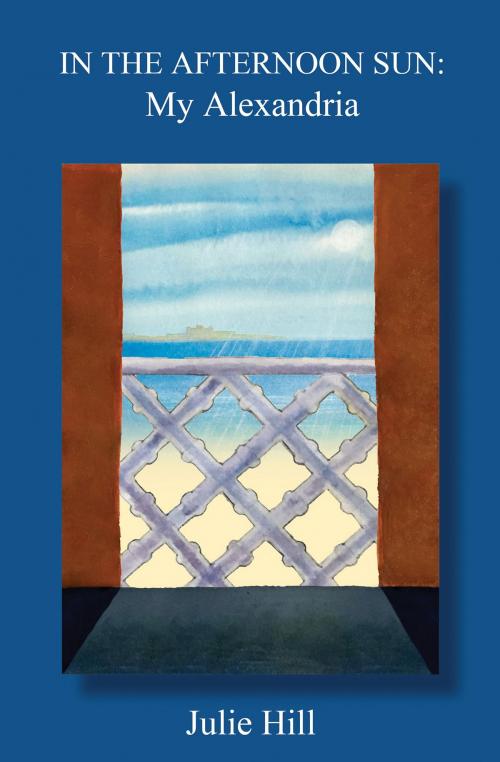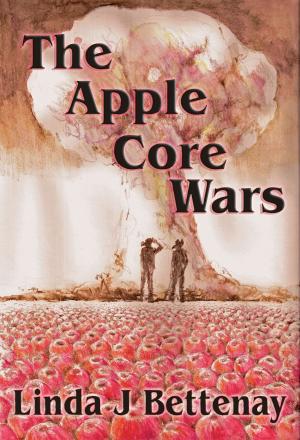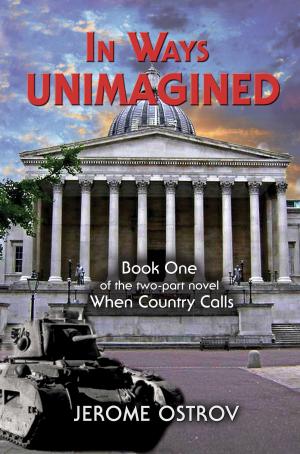| Author: | Julie Hill | ISBN: | 9781543918366 |
| Publisher: | BookBaby | Publication: | November 3, 2017 |
| Imprint: | BookBaby | Language: | English |
| Author: | Julie Hill |
| ISBN: | 9781543918366 |
| Publisher: | BookBaby |
| Publication: | November 3, 2017 |
| Imprint: | BookBaby |
| Language: | English |
In her memoirs, Julie Hill paints the picture of a childhood in cosmopolitan Alexandria of the early twentieth century. Her family came as refugees from regions of the Ottoman empire and were privileged to find in Alexandria, and become part of, a more prosperous middle class than the one they left behind. Julie evokes the life of a Greek family and community with its traditions and customs blending with other communities and local Egyptians. Cosmopolitan Alexandria has never been in modern times a melting pot of nationalities. Each community insisted in keeping its own identity, its own self-sufficient way of life, customs, language, schools, even its own athletic institutions. The Europeans met and socialized in restaurants, movie houses, the famous and popular beaches, they went on excursions, hunted, fished and celebrated Sham el Nessim, the Monday following Orthodox Easter. Julie takes us by hand and walks with us of her childhood days, the private French school, the markets, the pastry shops all intermingled with memories of the nightly raids, the listening of the radio in the dark as the Germans are in the city gate and the allies victory. Few years later a stepping stone in her life she describes the tribulations of entering an Egyptian University, a rarity for a foreigner. She witnessed the 1952 revolution with the expulsion of King Farouk and later with Nasser on the helm, after the Suez Canal crisis, the ex-patriation of foreigners; the world turns upside down. The great private estates are nationalized, property and tax laws are revised and Egypt would never be the same again. Her parents are ruined. She departs for graduate studies in America. With deep nostalgia, she looks back to those years of her early youth, which it so happened that for the city’s cosmopolitan style of life were the last. Decades later she returns to find the city of her childhood totally transformed. As she visits old haunts, vanishing landmarks, she discovers a changed city oblivious of its past. It is not the same city anymore much in it has changed, but she has changed too. Remembering is a way of belonging, one could say.
In her memoirs, Julie Hill paints the picture of a childhood in cosmopolitan Alexandria of the early twentieth century. Her family came as refugees from regions of the Ottoman empire and were privileged to find in Alexandria, and become part of, a more prosperous middle class than the one they left behind. Julie evokes the life of a Greek family and community with its traditions and customs blending with other communities and local Egyptians. Cosmopolitan Alexandria has never been in modern times a melting pot of nationalities. Each community insisted in keeping its own identity, its own self-sufficient way of life, customs, language, schools, even its own athletic institutions. The Europeans met and socialized in restaurants, movie houses, the famous and popular beaches, they went on excursions, hunted, fished and celebrated Sham el Nessim, the Monday following Orthodox Easter. Julie takes us by hand and walks with us of her childhood days, the private French school, the markets, the pastry shops all intermingled with memories of the nightly raids, the listening of the radio in the dark as the Germans are in the city gate and the allies victory. Few years later a stepping stone in her life she describes the tribulations of entering an Egyptian University, a rarity for a foreigner. She witnessed the 1952 revolution with the expulsion of King Farouk and later with Nasser on the helm, after the Suez Canal crisis, the ex-patriation of foreigners; the world turns upside down. The great private estates are nationalized, property and tax laws are revised and Egypt would never be the same again. Her parents are ruined. She departs for graduate studies in America. With deep nostalgia, she looks back to those years of her early youth, which it so happened that for the city’s cosmopolitan style of life were the last. Decades later she returns to find the city of her childhood totally transformed. As she visits old haunts, vanishing landmarks, she discovers a changed city oblivious of its past. It is not the same city anymore much in it has changed, but she has changed too. Remembering is a way of belonging, one could say.















